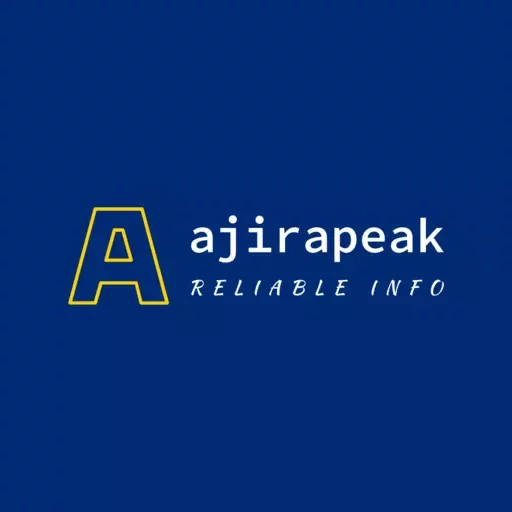Background |
|
| UN Women, grounded in the vision of equality enshrined in the Charter of the United Nations, works for the elimination of discrimination against women and girls; the empowerment of women; and the achievement of equality between women and men as partners and beneficiaries of development, human rights, humanitarian action and peace and security.
UN Women is implementing its Strategic Note 2017 – 2021 to support the national development priorities of GEWE in Tanzania. The priorities are aligned with the UNDAP 2015 -2021 where UN Women Tanzania, as part of the United Nations development Assistance Plan (UNDAP), focuses on women’s leadership and participation in decision making at all levels; elimination of violence against women and girls; ensuring gender equality and accountability in governance and national planning; and women’s economic empowerment. UN Women’s programmatic framework supports a comprehensive approach to prevention and response to End Violence Against Women and Girls (EVAW/G) through the development, implementation and monitoring of the National Action Plans to End Violence Against Women and Children working in Mainland and Zanzibar. The comprehensive National Action Plans to end Violence against Women and Children (NAPs) spearheaded by the Ministry of Health, Community Development, Gender, Elderly and Children (MHCDGEC) and Ministry of Gender in Zanzibar is a substantive policy framework that guide UN Women’s work. Furthermore, UN Women support the capacity development of key government institutions to review discriminatory laws and implement laws and policies on EVAWG in line with international standards and the recent CEDAW recommendations. Selected CSOs are being strengthened to enhance national level advocacy for the reform and implementation of laws and policies to end violence against women and girls with particular focus on the engagement of men and boys, including in the context of the HeForShe campaign. UN Women critical attention to promote the availability and accessibility of quality services for women and girls who are subject to violence; and will support the establishment of effective services and coordination mechanisms for the protection of women and girls in public spaces. Women’s Economic Empowerment portfolio at UN Women is guided by the Tanzania Development Vision 2030, the Zanzibar Vision 2020, the Five-Year Development II, the MKUZA III, the Gender Policy, the Agricultural Sector Development Plan II, SME Policy, Land Policy, National Economic Empowerment Policy, the Beijing Platform of Action (BPfA), the Convention for the Elimination of all Forms of Discrimination Against Women (CEDAW), the Sustainable Development Goals (SDGs), African Union Agenda 2063 and other international, regional and national frameworks. UN Women’s work on economic empowerment for women is also aligned with the United Nations Development Assistance Plan (2016 -2021), more specifically the thematic results areas on Inclusive Growth and Resilience. The Country Office supports strategies and interventions that address women’s persistent poverty and exclusion by focusing on women’s income security, decent work, and economic autonomy through increasing the number of policies that promote decent work and social protection for women; enabling more women to own, launch, and better manage large, medium, and small enterprises; and promoting rural women’s access to productive resources and engagement in climate sustainable agriculture. The office also supports macroeconomic policy frameworks and interventions that expand women’s economic empowerment, increase the capacity of economic and financial institutions to eliminate inequalities and generate economic wellbeing and opportunities for all women. Reporting to the EVAW/G Program Specialist/Team Leader the Communications Intern will provide support to the EVAW and WEE Programmes and UN Women Country Office on the Communications function, specifically in the areas of media relations, media monitoring and reporting, and programme documentation. |
|
Duties and Responsibilities |
|
Description of Responsibilities
Learning Elements
|
|
Competencies |
|
Core Values:
Core Competencies:
Please visit this link for more information on UN Women’s Core Values and Competencies Framework: https://www.unwomen.org/-/media/headquarters/attachments/sections/about%20us/employment/un-women-values-and-competencies-framework-en.pdf?la=en&vs=637 Functional Competencies:
|
|
Required Skills and Experience |
|
Education:
Language:
Renumeration: Interns who are not in receipt of financial support from other sources such as universities or other institutions will receive a stipend from UN Women to partially subsidize their basic living costs for the duration of the internship. Application Information:
Please note that applications without a completed and signed UN Women P-11 form will be treated as incomplete and will not be considered for further assessment. UNWOMEN is committed to achieving workforce diversity in terms of gender, nationality and culture. Individuals from minority groups, indigenous groups and persons with disabilities are equally encouraged to apply. All applications will be treated with the strictest confidence. Note: In July 2010, the United Nations General Assembly created UN Women, the United Nations Entity for Gender Equality and the Empowerment of Women. The creation of UN Women came about as part of the UN reform agenda, bringing together resources and mandates for greater impact. It merges and builds on the important work of four previously distinct parts of the UN System (DAW, OSAGI, INSTRAW and UNIFEM), which focused exclusively on gender equality and women’s empowerment. |
Communications Intern Needed at UN Women
239
previous post


